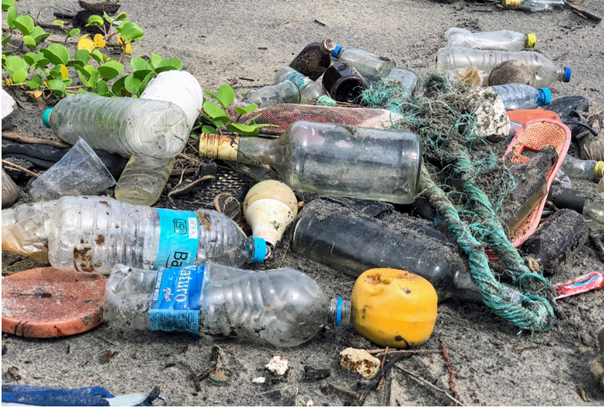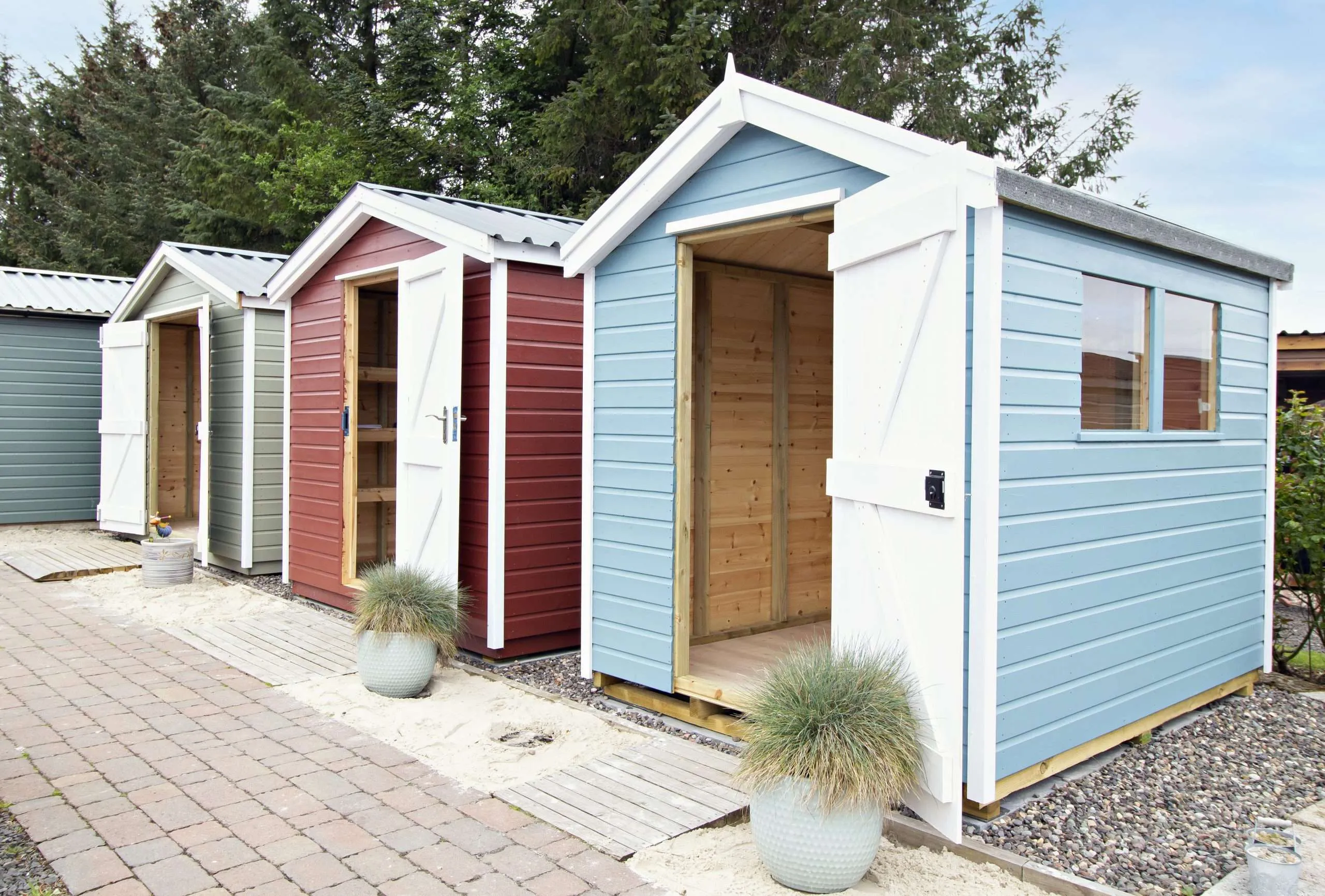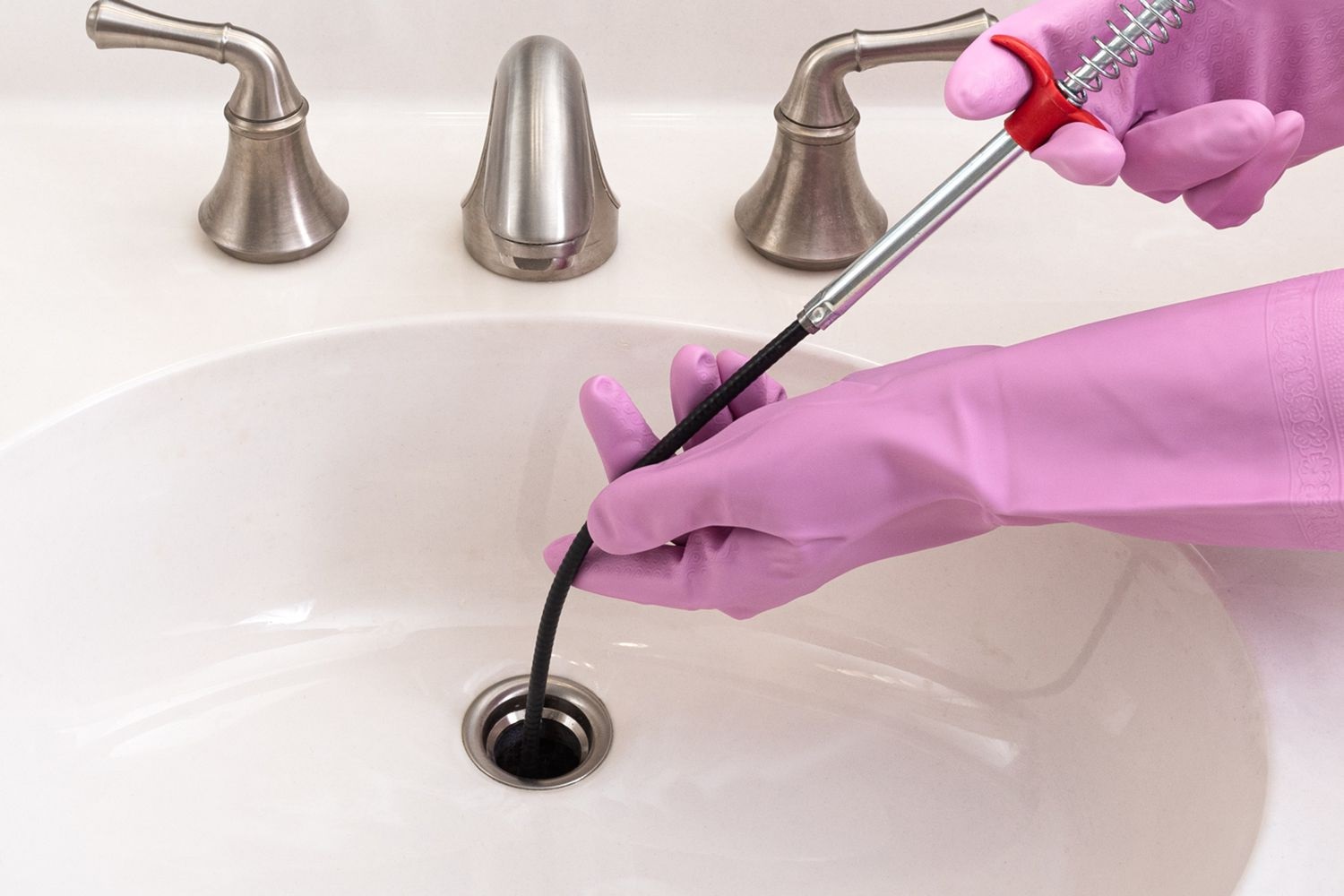The work done by municipal sanitation agencies is essential to the goal of creating a better, cleaner environment. Through their proficiency and commitment, they execute several strategies targeted at mitigating pollution, optimizing waste management, and advancing sustainability in their localities.
For all of your home’s scheduled pickup needs, from regular trash to substantial drop-off requirements, Local Sanitation provides the ideal option! You can concentrate on the things that really matter by using Local Sanitation’s dependable, effective garbage collection services, which are flexible to fit your schedule.
What do municipal sanitation agencies do for you?
In order to guarantee a cleaner environment for all, municipal sanitation agencies implement these crucial procedures; find out these 4 practices from the sanitation department near you.
1. Underbrush Clearing
The process of clearing low-growing plants from woodland or forested regions, such as vines, bushes, and shrubs, is known as underbrush clearing. There are several local sanitation services that are doing the underbrush clearing for you to maintain cleanliness in your homes, offices, parks etc.
There are several reasons to do this, such as:
- Boost visibility
- Underbrush can obstruct vistas,
- Making it harder to notice potential threats or wildlife.
By getting rid of extra vegetation, sustainable land clearing techniques like underbrush clearance contribute to better forest health. This approach facilitates the growth of native plant species, improves biodiversity, and lowers the danger of wildfires. Several local sanitation departments are doing these practices to make the homeland clean and maintain land sustainability.
2. Recycling and Waste Management
Waste separation and recycling programs are given top priority by local sanitation authorities. They reduce the quantity of garbage that is transferred to incinerators and garbage dumps by enticing citizens and companies to segregate recyclable items from regular rubbish.
These divisions encourage resource conservation and environmental stewardship via open recycling programs and educational initiatives. While, hazardous waste management depends on particular knowledge and close adherence to safety regulations.
3. Cleaning-up Campaigns
In order to promote an attitude of environmental responsibility, community participation is essential, and municipal sanitation agencies regularly include locals in clean-up programs and projects.
These divisions enable communities to take charge of their environment by planning neighborhood clean-ups, offering services for preventing trash or working with nearby institutions of higher learning. They encourage a more livable and clean environment by encouraging a sense of pride and group responsibility.
4. Land Survey Practices
A land survey may be an important implement in mediation or negotiation to establish agreed-upon boundaries between two plots of property and settle disputes if one is brought into question for whatever reason. During boundary disputes surveying, a surveyor locates the property’s borders on the ground in accordance with the information in your deed.
In order to find the right location for property or gather information about the condition of the land, these land surveys are also done. Certain details about the property, including the street address, a description of the boundaries, or a plat number, may be necessary in order to locate land surveys.
You’re more likely to locate the necessary survey if you have more information. You can find out about the land range, county, and township by consulting with professional land surveyors.




